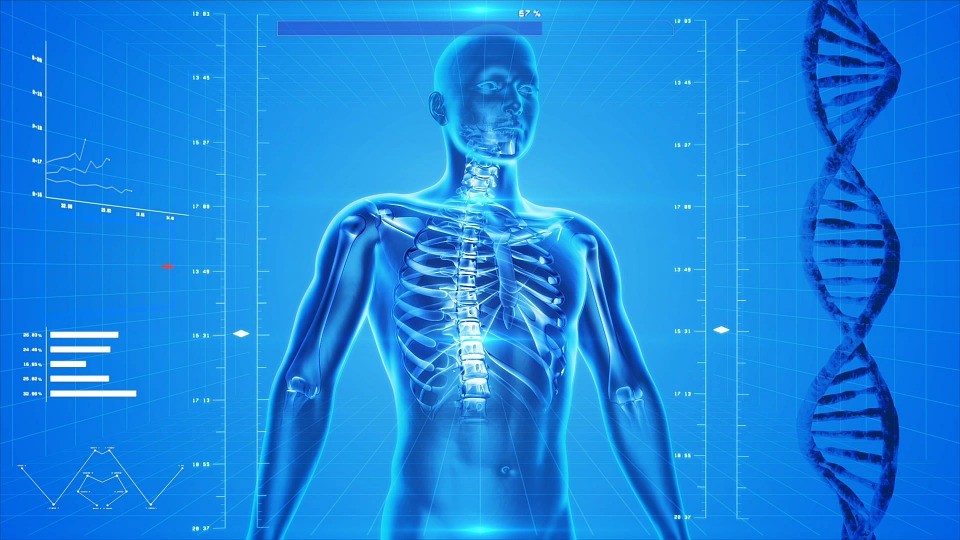We get rid of the triggers, and we support the body with what it needs to heal. The triggers is a fairly short list, and we think it’s really important to understand what those causes are.
These are different for different people, so you can have 10 people with exactly the same autoimmune disease, and each one of those 10 people might have a different set of causes. You can’t treat them all the same, right? And that’s really important.
One person might have an autoimmune disease from eating gluten, and another person might be from mercury, or a parasite in their gut, But there are also other toxins, all the chemicals and pesticides, the plastics we’re exposed to. They’re triggers that are chemicals that cause an autoimmune response. There are allergens we’re exposed to. They can be things we’re eating, and that’s the biggest source. Gluten, dairy, grains, are often a big trigger. Mold, environmental allergens, even chemical allergens can trigger a problem.
Microbes, bugs—bugs in your gut, abnormal gut flora, parasites, yeast, bacteria—but also things like tick-borne diseases and other viruses and chronic viral infections. These are things that your immune system starts reacting to.
And then of course there’s stress. Both physical and psychological stress will trigger inflammation and autoimmunity.



